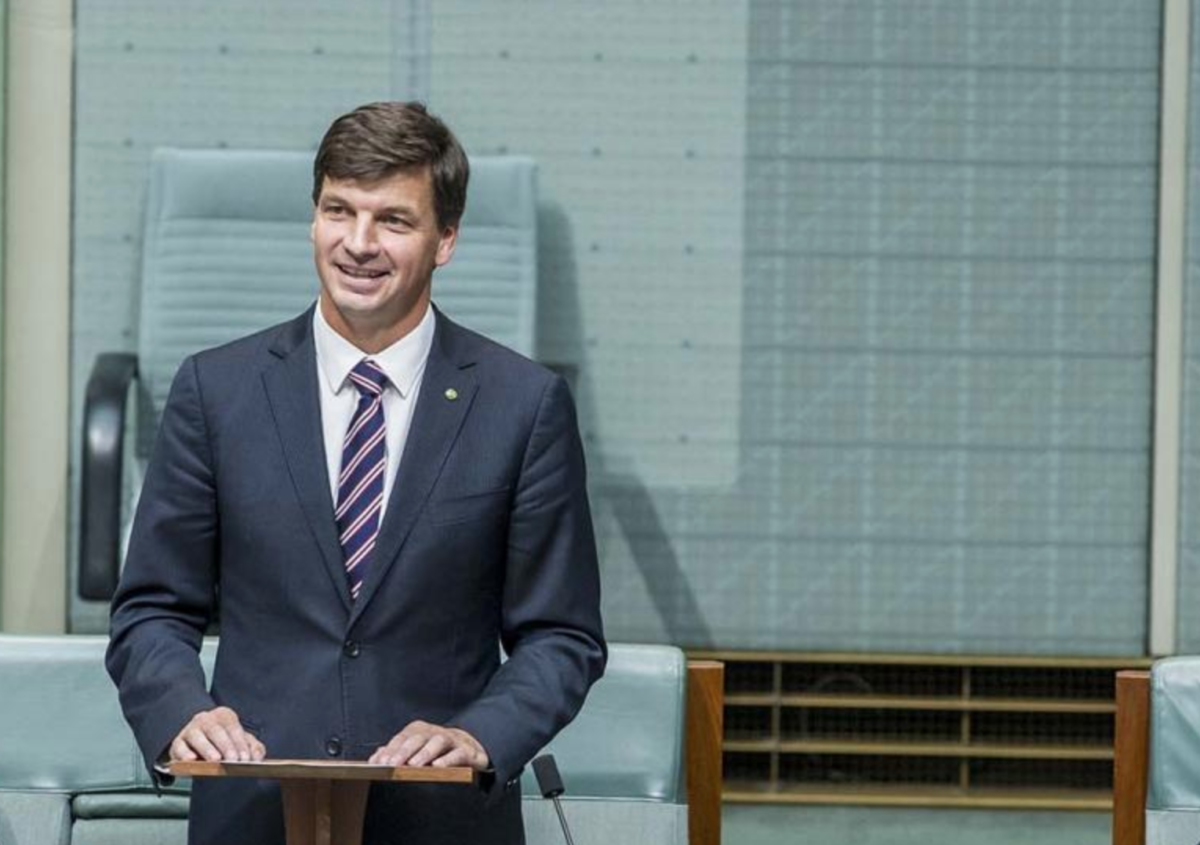The Clean Energy Council (CEC) has spoken out against the Morrison Government and Energy and Emissions Reduction Minister Angus Taylor’s plans to siphon funds out of the Clean Energy Finance Corporation (CEFC) to prop up gas generation.
To use CEFC funds to invest in gas generation is like using Defence Force funds to hire an insurgency group. The latter sabotages the efforts of the former. Of course, this is not to say non-clean energy is outside of CEFC’s remit, the investment bank’s guidelines, set when the CEFC was founded by the Gillard government in 2012, state that it can invest in fossil fuels if the technology delivers 50% less emissions compared to the generation systems currently connected to the grid. Whether gas meets this guideline or not, it’s not 2012 anymore, we’re in the 19th month of 2020 and patience for Taylor’s tricks has well and truly run out.
Now, while the CEC welcomed the Grid Reliability Fund’s allowance of the CEFC to expand its remit into energy storage, electricity transmission and distribution, and electricity grid stabilisation technology, “allowing the CEFC to invest in gas generation is an unnecessary distraction and could further undermine investor confidence in new renewable energy and the energy sector in Australia.”
The CEFC should remain true to its name, and focus solely on clean technologies, says the CEC, encouraging Parliament to vote down the proposed change to the ‘low-emission technology’ definition which would allow the CEFC to invest in higher emissions generation.
“We need further investment to build and strengthen our electricity system through both poles and wires as well as new smart grid supporting technologies that address highly technical issues such as system strength,” said the CEC, supported by two recent Australian Energy Market Operator (AEMO) reports – the 2020 Electricity Statement of Opportunities (ESOO) and the 2020 Integrated System Plan (ISP).
As the ESOO and ISP confirm, the combination of timely investment in transmission and renewable energy generation and storage is enough to cover the closures of the ageing coal fleet. There is no need for gas generation investment, least of all from public funds.
Instead of forging ahead on this agreed best pathway forward, Taylor is trying to force an amendment to the Clean Energy Finance Corporation Act 2012 in order to “clarify the definition of low-emissions technologies to ensure the CEFC is able to invest in the technologies described in the GRF announcement that support the achievement of a low-emissions energy system in Australia”.
“For example,” the proposed amendment continues in the bowels of Item 33 – Subsection 60(4) Sub-item 68, “certain types of gas-fired electricity generation will now fall under this new definition”.
What is more, Taylor is also seeking to remove a rule that prevents the CEFC from investing in loss-making projects. This is to say, that the CEFC is not allowed to invest in loss-making renewable energy projects, but it can invest in loss-making gas projects, because if it couldn’t invest in gas projects that made a loss it couldn’t invest in gas projects at all.
According Richie Merzian, the climate and energy analyst for the Australia Institute, and quoted in The Sydney Morning Herald: Mr Taylor’s bill revealed the government’s ideological preference for gas over renewables by “changing CEFC from an explicitly profit-making investor of renewable energy projects for the Australian people, to a potentially loss-making underwriter of fossil fuel projects.
“These amendments pave the way for dud taxpayer investments in gas power generation,” he said.
This content is protected by copyright and may not be reused. If you want to cooperate with us and would like to reuse some of our content, please contact: editors@pv-magazine.com.









By submitting this form you agree to pv magazine using your data for the purposes of publishing your comment.
Your personal data will only be disclosed or otherwise transmitted to third parties for the purposes of spam filtering or if this is necessary for technical maintenance of the website. Any other transfer to third parties will not take place unless this is justified on the basis of applicable data protection regulations or if pv magazine is legally obliged to do so.
You may revoke this consent at any time with effect for the future, in which case your personal data will be deleted immediately. Otherwise, your data will be deleted if pv magazine has processed your request or the purpose of data storage is fulfilled.
Further information on data privacy can be found in our Data Protection Policy.